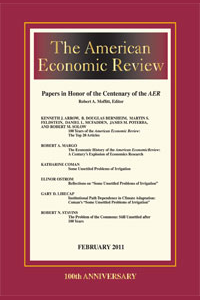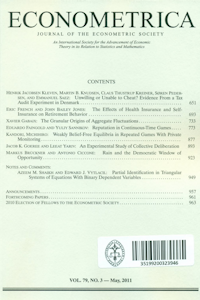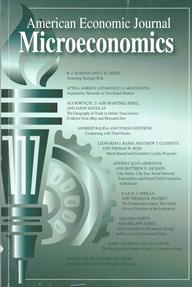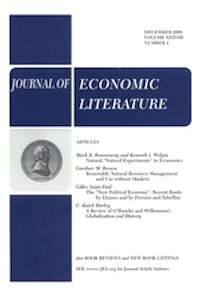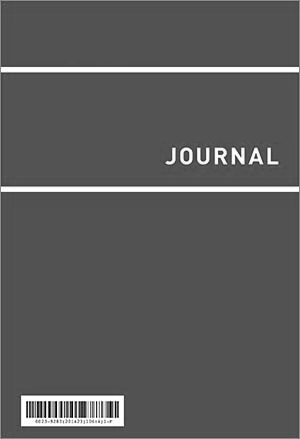
Crowley, M. A.
Split decisions in antidumping cases.
The B.E. Journal of Economic Analysis and Policy
Vol. 10(1) no. Article 68 (2010)
Abstract: This paper provides a rationale for “split decisions†in antidumping cases. A split decision occurs when the U.S. government simultaneously investigates multiple countries for dumping the same product but imposes antidumping duties on only a subset of these countries. In the U.S., 76% of antidumping petitions filed between 1980 and 2004 involved two or more countries accused of dumping the same product. Among these multi-country investigations, roughly 30% concluded with a split decision in the final stage of an investigation. The model in this paper shows that selectively applying antidumping duties against foreign countries that are selling increased quantities of imports at a price below long run average total cost improves the importing country's welfare. Imperfectly competitive firms in different countries face stochastic demand and are subject to capacity constraints. As a result, foreign firms dump when they face weak demand in their own markets. In response to the shift in a fo
Author links: Meredith Crowley
Publisher's Link: http://www.degruyter.com/view/j/bejeap.2010.10.1/bejeap.2010.10.1.1963/bejeap.2010.10.1.1963.xml?rskey=xODz3E&result=1 ![]()

